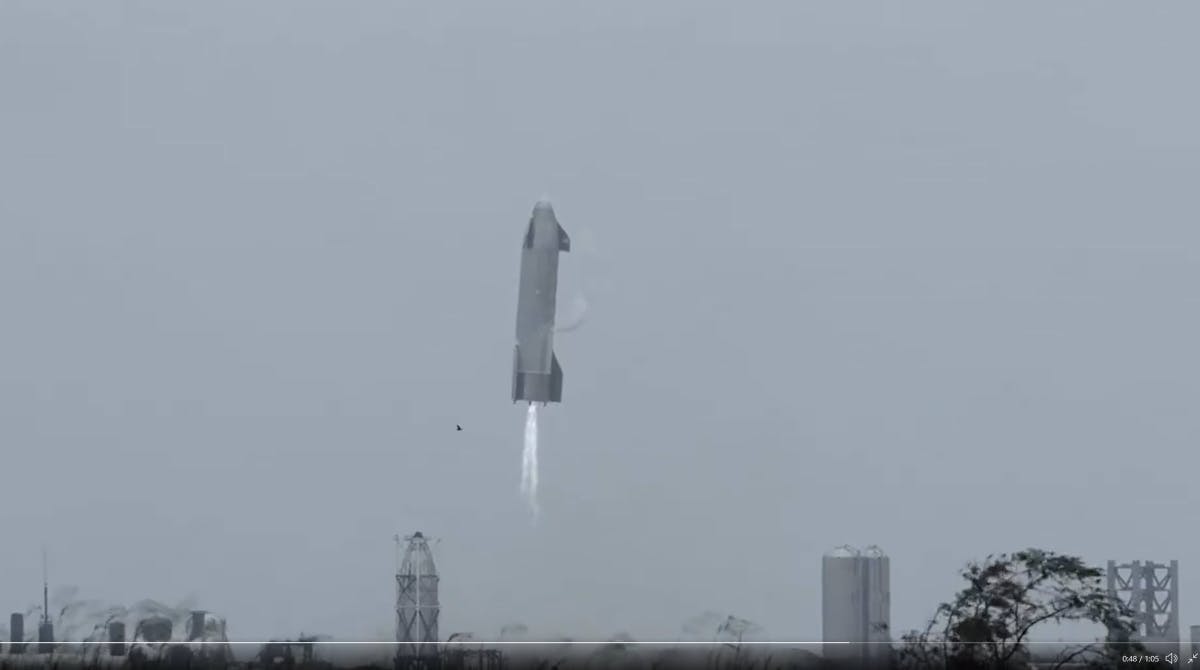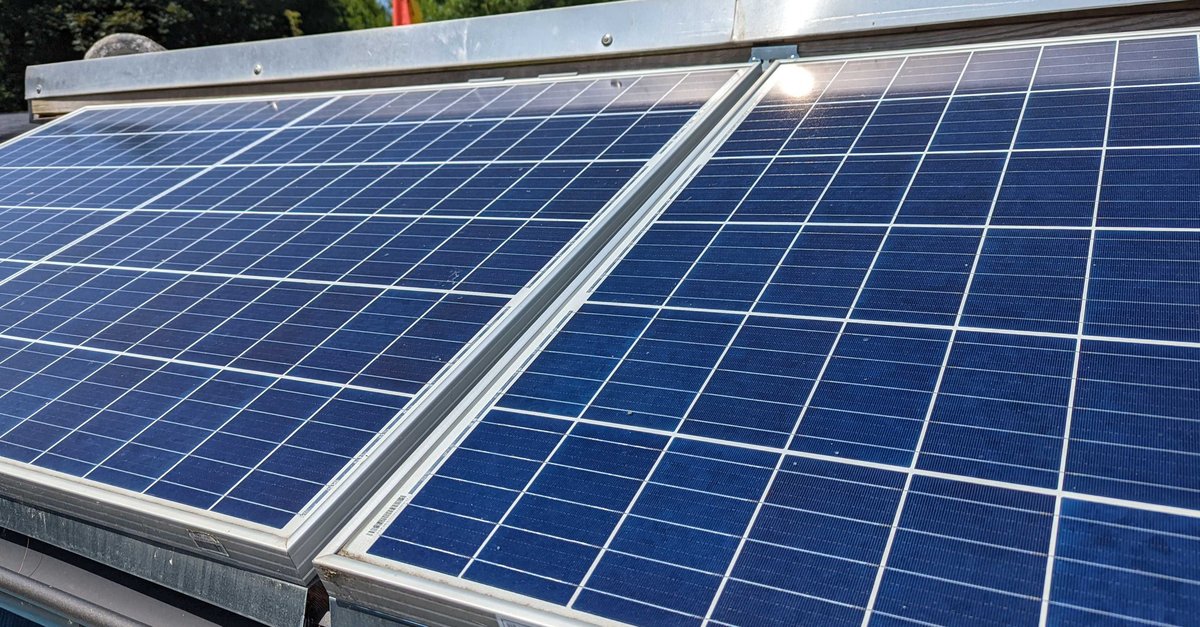OpenAI wants to secure GPT as a trademark
Ever since OpenAI stunned the public with its AI chatbot ChatGPT and perhaps caused the definitive breakthrough of artificial intelligence in everyday life, “GPT” has become synonymous with AI-based language tools. The abbreviation stands for Generative Pre-trained Transformer and is the name of a family of language programs. Behind ChatGPT was originally GPT-3.5, meanwhile GPT-4 has been introduced.
Imitators such as DateGPT, Threat GPT or Elon Musk’s planned TruthGPT want to benefit from the radiance of the pioneer and have also included the abbreviation in their names.
The company now wants to make up for what OpenAI missed before the release of ChatGPT in November 2022: The company behind ChatGPT wants to have the abbreviation GPT secured as a trademark. OpenAI had already submitted an application for this to the United States Patent and Trademark Office in December last year.
Editor’s Recommendations
With the tide of copycats with a GPT in their name rising year-to-date, OpenAI has tried to step on the gas. Those responsible have submitted a submission to the US Patent Office with a reference to the “countless violations and fake apps”. Because of this, your trademark protection application should be brought forward.
But now the patent office has rejected the request for preferential treatment. The reason for the negative decision are simple formal errors that don’t exactly make OpenAI look professional. So the company failed to pay a fee for the urgent application. In addition, no “suitable evidence to justify the special measures” was presented.
According to a patent attorney, the waiting time until the office examines the Causa GPT could, after the rejection of the abbreviation Techcrunch quoted, amount to five months. And when it’s OpenAI’s turn at the patent office, there’s no guarantee that the application will be successful. Finally, the T in GPT refers to Transformer, a neural network structure that Google introduced back in 2017 and is now widely used.
The abbreviation “GPT” only describes what the language model is – a generative pre-trained transformer. That could be too thin for a brand, according to the patent attorney. But there are precedents such as IBM, which also only stands for International Business Machines, where it still worked.
With the application for trademark protection, OpenAI thwarts what it once stood for. In December 2015, the company was finally founded by Elon Musk, among others, to research artificial intelligence and make it accessible as open source software.
There can be no more talk of that today. Originally founded as a non-profit organization, OpenAI now wants to make a profit: A Paid version of ChatGPT is already in the starting blocks.


